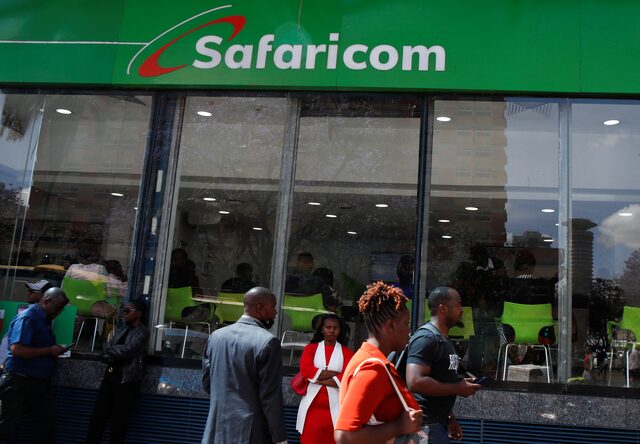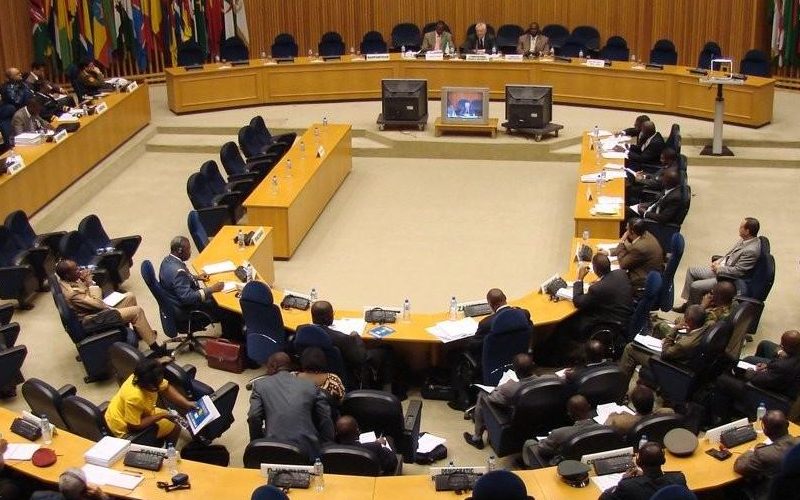800,000 more Kenyans turn to Fuliza in 2024 as economic pressure bites

Data from the country’s largest telecommunications provider shows that the number of active users rose to 7.9 million—an increase of 12 per cent from the previous year’s 7.1 million subscribers.
The number of Kenyans relying on Fuliza, Safaricom’s overdraft facility, surged by 800,000 in the year to March 2025, highlighting the growing financial strain faced by many households.
Data from the country’s largest telecommunications provider shows that the number of active users rose to 7.9 million—an increase of 12 per cent from the previous year’s 7.1 million subscribers.
More To Read
- Safaricom secures Sh17.8 billion boost for Ethiopia expansion
- Safaricom shares sale explained: Why government chose Vodacom
- MPs to hold public hearings on proposed sale of 15 per cent Safaricom stake to Vodacom
- Kenya’s 5G users hit 1.5 million as adoption accelerates
- Kenyans invited to give views on proposed partial sale of government’s Safaricom stake
- Ndindi Nyoro questions government’s decision to sell 15 per cent Safaricom stake
As a result, the amount disbursed through the facility increased to Sh981.6 billion, up from Sh833.8 billion the previous year.
In turn, Safaricom generated Sh4.1 billion in revenue from the service, reflecting a 5.6 per cent rise from the Sh3.9 billion recorded in the previous financial year.
Safaricom attributed the growth in Fuliza usage to increased credit limits, which it said had encouraged higher uptake of the facility.
The sharp rise in user numbers comes amid a backdrop of escalating living costs, job losses, and stagnant wages, pushing more individuals to rely on short-term credit solutions to cover daily expenses.
The total amount borrowed through Fuliza during the year—approximately Sh982 billion—is equivalent to the combined allocation for Kenya’s education and national security sectors in the 2024/25 national budget.
In the budget, the education sector received Sh656.6 billion, representing about 27.5 per cent of the total expenditure, while the national security sector was allocated Sh373 billion.
According to Safaricom’s financial results released in Nairobi on Friday, Fuliza’s performance played a significant role in boosting the company’s annual revenue.
The Group reported an 11.2 per cent rise in total revenue to $3 billion (Sh388.7 billion) for the financial year. Net income also increased by 10.8 per cent to reach Sh69.8 billion.
Following the results, Safaricom announced a dividend payout of Sh48.08 billion to its shareholders for the year, comprising a final dividend of 65 cents per ordinary share in addition to an interim dividend of 55 cents per share already paid.
“We have delivered excellent group performance with double-digit growth on both the top and bottom lines. This strong set of results reflects the dedication of our teams, the loyalty of our customers, and the strength of our strategy,” said Peter Ndegwa, CEO of Safaricom PLC.
Group earnings before interest and tax also rose by 29.5 per cent to Sh104.1 billion.
Ethiopia contributed nearly 10 per cent of the Group’s revenue, with management noting that the Ethiopian operations have now moved beyond the peak investment phase and are expected to become profitable by the 2027 financial year.
In Kenya, service revenue grew by 10.5 per cent to Sh364.3 billion. M-PESA, which turned 18 last year, contributed Sh161 billion, accounting for 44.2 per cent of the country’s service revenue.
Top Stories Today











































